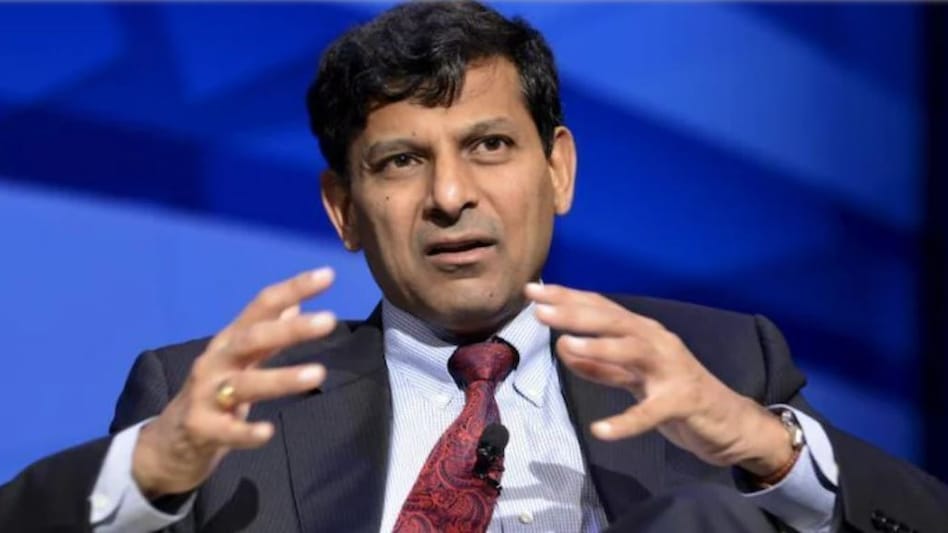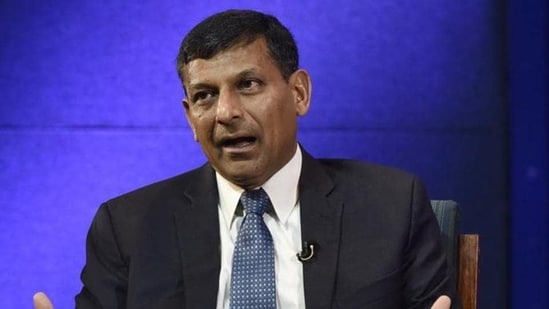In a recent critique, Raghuram Rajan, former Governor of the Reserve Bank of India, challenged Thomas Piketty’s suggestion of implementing a wealth tax in India to address economic inequality. Rajan argued that such a tax could lead to adverse economic consequences, drawing a parallel to drastic measures such as a “communist revolution.”

Source:- BBC news
Rajan highlighted that Piketty’s proposal, while aiming to redistribute wealth more equitably, might be impractical for India’s current economic landscape. He cautioned that a wealth tax could deter investment, drive capital flight, and undermine entrepreneurial activity, which are crucial for economic growth and job creation. Rajan emphasized the need for policies that foster growth and create employment opportunities, rather than punitive taxation.
Source:- BBC news
He acknowledged the importance of addressing inequality but advocated for more balanced approaches. These could include enhancing tax compliance, broadening the tax base, and improving public expenditure efficiency. Rajan’s critique underscores the complexities of applying Western economic theories to emerging markets like India, where the socio-economic context significantly differs. His perspective urges policymakers to consider pragmatic and sustainable solutions tailored to India’s unique challenges rather than adopting broad-brush global strategies.
Share your views in the comments

